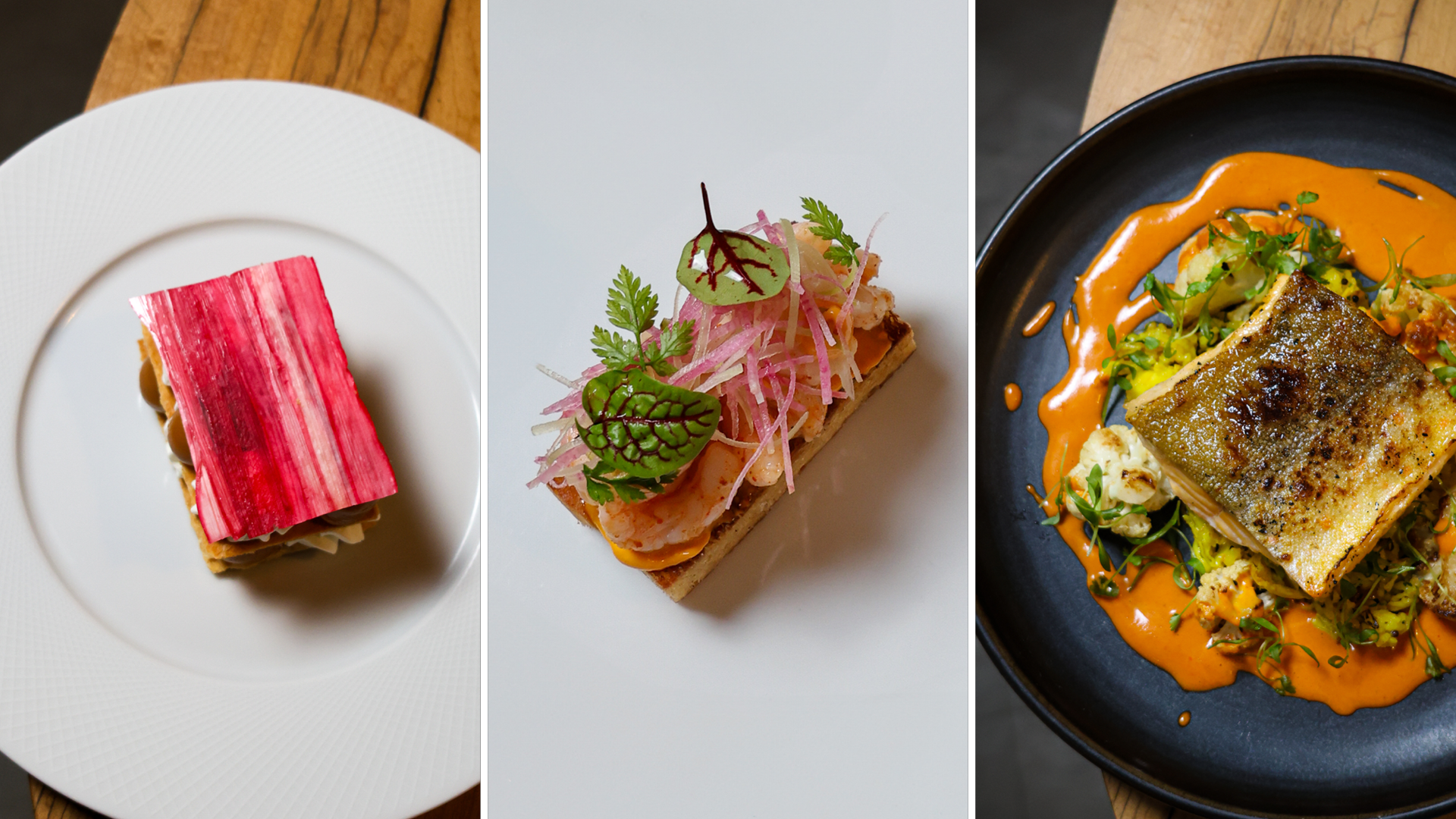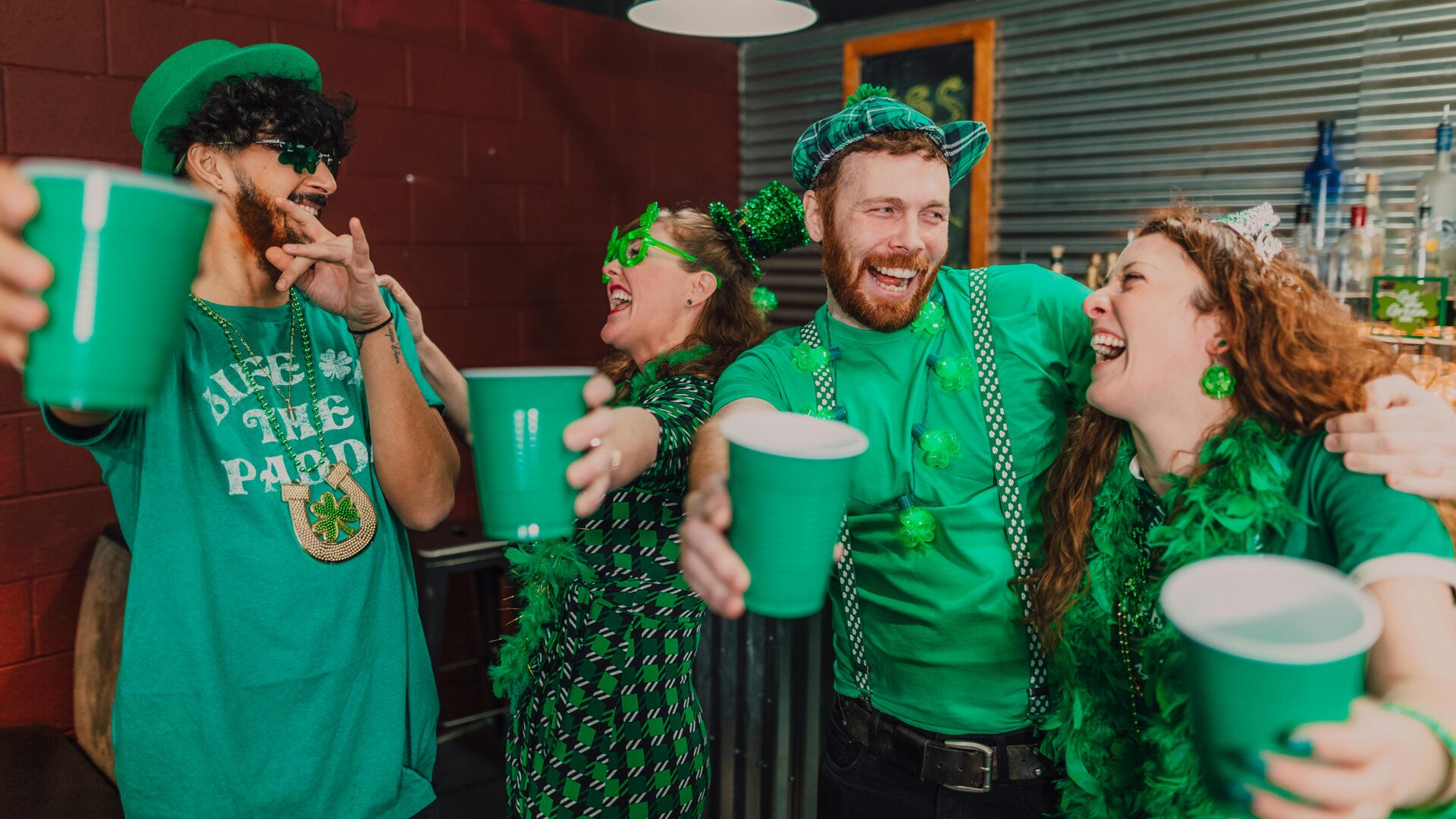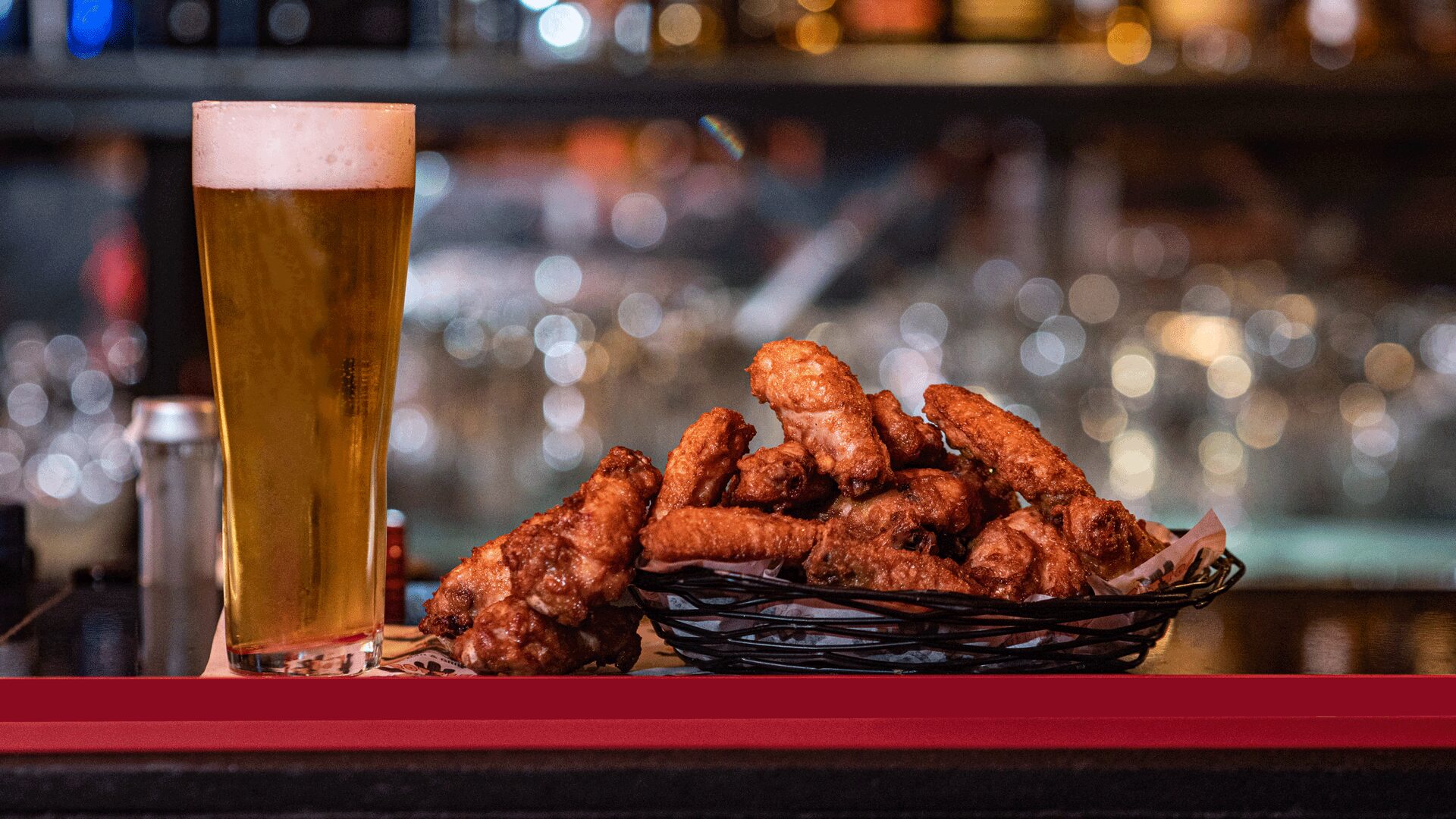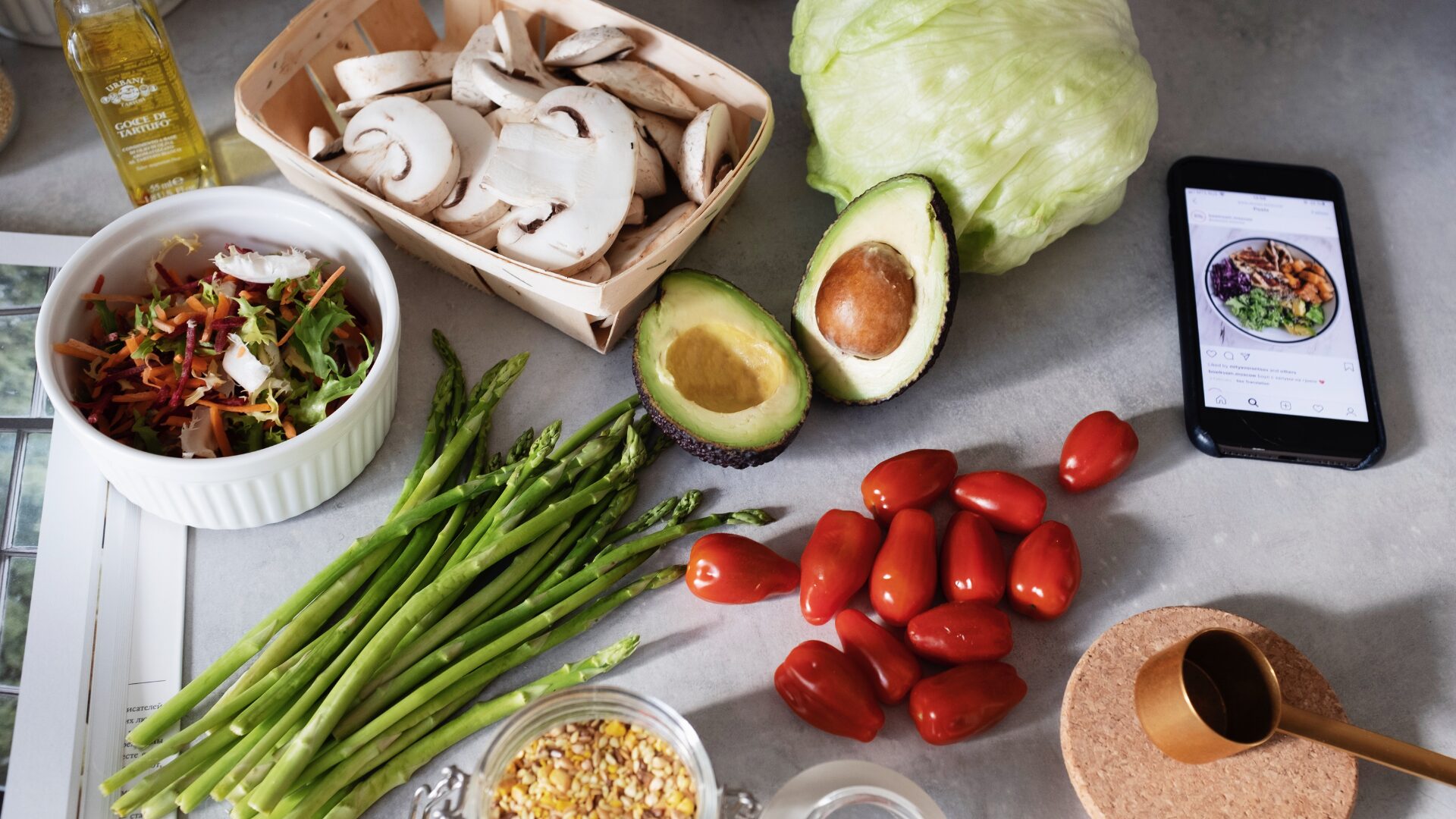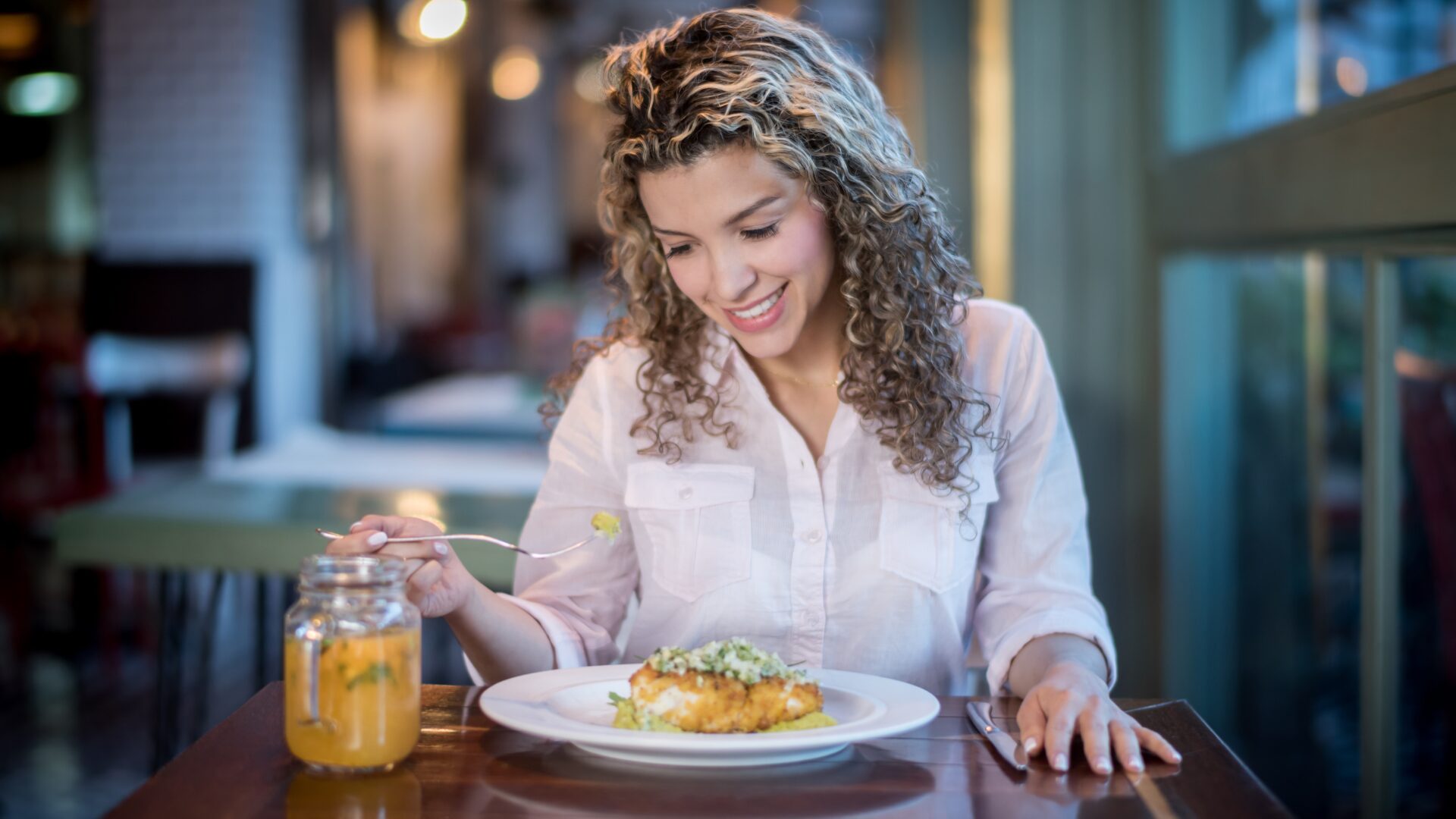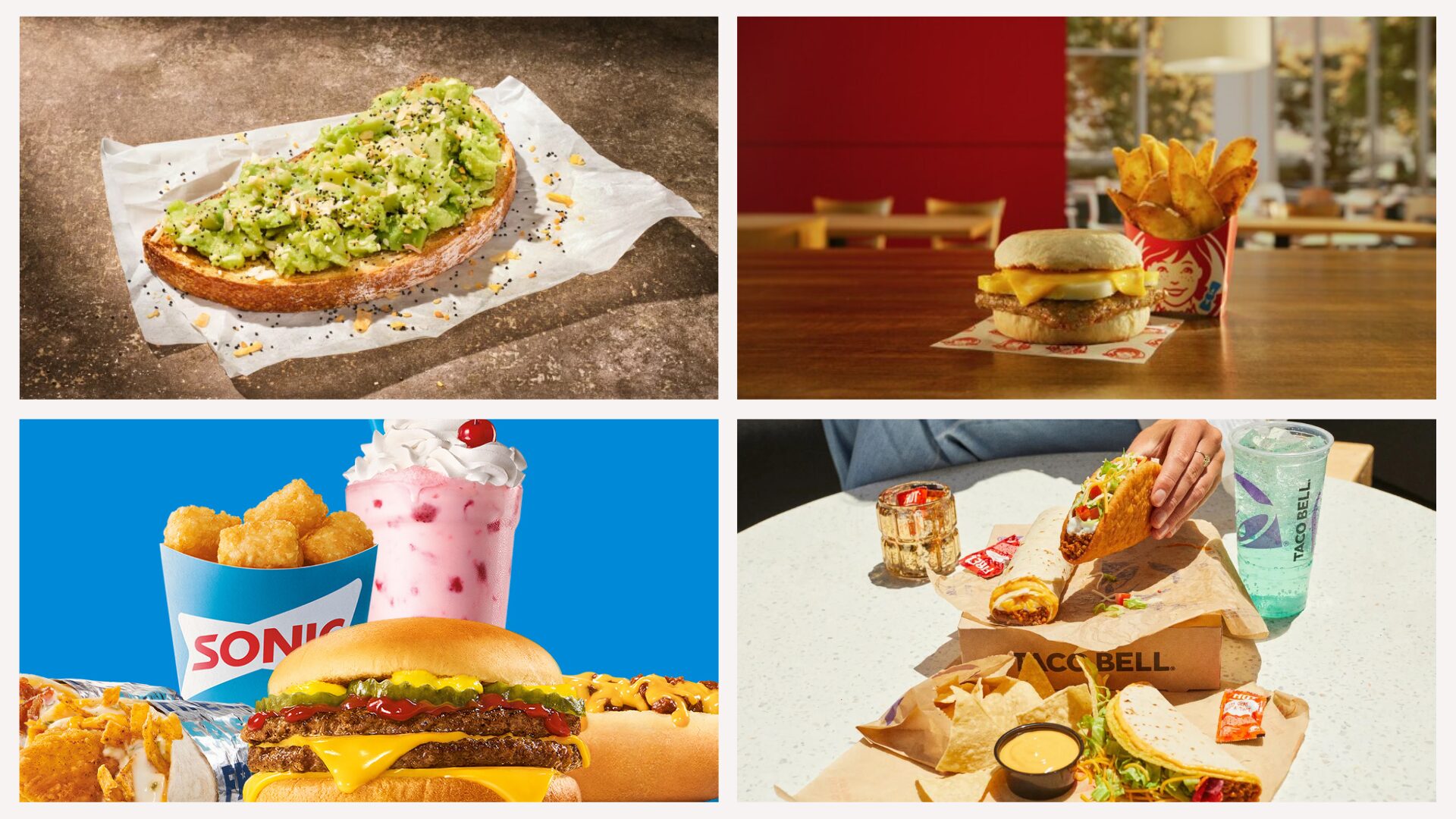Restaurants are slowly reopening, but safety restrictions and social distancing measures are not making it easy.
Some establishments are finding ways to keep the atmosphere fun and inviting amid the extra safety precautions, reported The Wall Street Journal (June 14). In Minnesota, one Taco John’s franchisee used festive flags to close off portions of the dining room and maintain social distancing, while at McDonald’s it is suggested the masked crew greet customers with a thumbs-up instead of a smile.
At the Inn at Little Washington, a Michelin three-star restaurant in Rappahannock County, VA, mannequins are used to enforce social distancing, reported Forbes (May 19). Mannequins clad in 1940s-era clothing occupy some vacant tables in the dining area.
In Vienna, Austria, life-sized mannequins are also seated at the Cafe Central coffee house, and lifelike dolls are used at the Hotel Haase in Laatzen, Germany. Also in Germany, at a restaurant in the city of Schwerin, patrons were given hats with pool noodles attached as a reminder to stay at a safe distance. At Mediamatic ETEN, a waterfront restaurant and bar in Amsterdam, diners are seated in private mini-greenhouses that can accommodate three diners.
Celebrity chef Wolfgang Puck said he plans to counter the sterile-feeling new accommodations with complimentary treats for guests at certain restaurants, such as welcome Champagne or take-home goodies. “It’s about how you make the people feel,” he said.
Servers are also urged to empathize with customers coming back to a changed environment. Starbucks employees who returned to cafes last month were led through a guided meditation during one training, with instructions to think of their own loved ones and then project that feeling toward their customers.
New restrictions are reshaping the ways both large and small restaurants operate. For instance, at IHOP, carafes of syrup were banished from tabletops and servers must bring packets instead. “These were all signature things for us and they are gone for the foreseeable future,” said Steve Joyce, chief executive of Dine Brands Global Inc., the parent company of IHOP.
In some states, more serious restrictions may be reinstated following reopening violations. In New York, Gov. Andrew Cuomo threatened to reinstate closure orders following 25,000 complaints issued statewide, reported Boston Globe (June 14). The state singled out Manhattan and the Hamptons as problem areas, with violations including large gatherings, social-distancing violations, and lax face-covering enforcements.
In Oregon, reopening plans were paused as workplace outbreaks at food processors and agricultural sites led to more than 600 infections among workers and close contacts in the state and southwest Washington since mid-April, reported The Oregonian (June 14).
Additionally, New Jersey is suing the city of Asbury Park over a law it passed to allow indoor dining, reported Reuters (June 12). Restaurants opened in defiance of the state’s order to prohibit in-restaurant customers. The city’s deputy mayor noted it was simply expanding the governor’s order allowing indoor gatherings of up to 50 people to include food and drink.
In brighter news, after many restaurants began reopening in May, the industry was able to take back 4.3% share of food spend from grocery stores, according to a report from Black Box Intelligence, reported Bloomberg (June 12).
Restaurant data examined by M Science also showed the sales acceleration in states where dine-in restrictions have eased is entirely attributable to the nondelivery side of the business. Investors may be buying into the trend reversal as, since May, an index of restaurant stocks has outperformed a group of food retailers, while between Feb. 20, when COVID-19 concerns began to impact U.S. markets, and the end of April, the food group rose 3.4% and the restaurants sank 15%.


